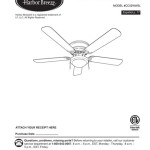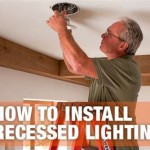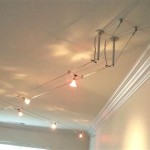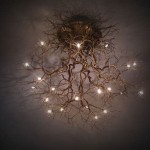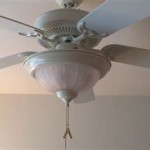Downlights in Sloping Ceilings: Essential Considerations for Optimal Lighting
Downlights, also known as recessed lights, have become an increasingly popular choice for illuminating homes and commercial spaces. They offer a sleek and unobtrusive look while providing ample light distribution. However, installing downlights in a sloping ceiling can present unique challenges that require careful consideration to ensure optimal lighting and aesthetics.
Choosing the Right Downlight Type
The first step in installing downlights in a sloping ceiling is to select the appropriate type of downlight. There are two main types of downlights to consider:
- Fixed Downlights: These downlights have a fixed angle of illumination and are suitable for areas where the ceiling slope is relatively shallow (less than 30 degrees).
- Adjustable Downlights: These downlights allow for the adjustment of the beam angle, making them suitable for ceilings with steeper slopes. They provide greater flexibility in directing light to specific areas.
Determining the Correct Recessing Depth
Another crucial factor to consider is the recessing depth of the downlight. This will determine how far the downlight protrudes into the ceiling and the angle at which light is emitted. It is important to ensure that the recessing depth is appropriate for the ceiling slope to prevent light from spilling over onto walls or creating glare.
Thermal Management and Insulation
When installing downlights in a sloping ceiling, it is essential to pay attention to thermal management and insulation. Heat dissipation from the downlights can lead to increased temperatures within the ceiling cavity, which can affect the performance of the insulation. To mitigate this, IC-rated (insulation contact) downlights should be used. These downlights are designed to be in direct contact with insulation without creating a fire hazard.
Electrical Considerations
Proper electrical wiring and junction boxes are imperative for ensuring the safe and reliable operation of downlights in a sloping ceiling. Electricians should run the electrical cables through the joists or beams of the ceiling to avoid interference with insulation or other building materials. The junction boxes should be securely mounted and accessible for maintenance.
Fire Safety and Building Codes
When installing downlights in a sloping ceiling, it is crucial to adhere to fire safety regulations and building codes. Downlights must be installed according to the manufacturer's specifications and in compliance with local building codes. It is essential to use downlights that are approved for use in sloping ceilings and that have appropriate fire-rated trims to prevent the spread of fire in the event of a fire.
Professional Installation Recommended
Installing downlights in a sloping ceiling is a task that requires specialized knowledge and skills. It is highly recommended to hire a qualified electrician to ensure that the downlights are installed safely, correctly, and to the highest possible standards. A professional electrician will have the expertise to select the appropriate downlights, determine the correct recessing depth, address thermal management concerns, and ensure electrical safety.

Lighting A Kitchen With Sloped Ceiling Downlights Direct Advice News

Spotlights In Vaulted Ceiling Lighting Buildhub Org

A Bedroom In Converted Loft Space Featuring Downlights Located Pitched Roof

Led Recessed Lighting For Sloped Ceilings 3 4 Aperture Options

A Bedroom In Converted Loft Space Featuring Downlights Located Pitched Roof
Downlights In Pitched Roof Diynot Forums

Can You Put Recessed Lights Into A Vaulted Ceiling Alternatives

Sloped Ceiling Recessed Lighting Lamps Plus

Light A Sloping Ceiling Lighting From Diffe Angle The Company

Spotlights In Vaulted Ceiling Lighting Buildhub Org
Related Posts


